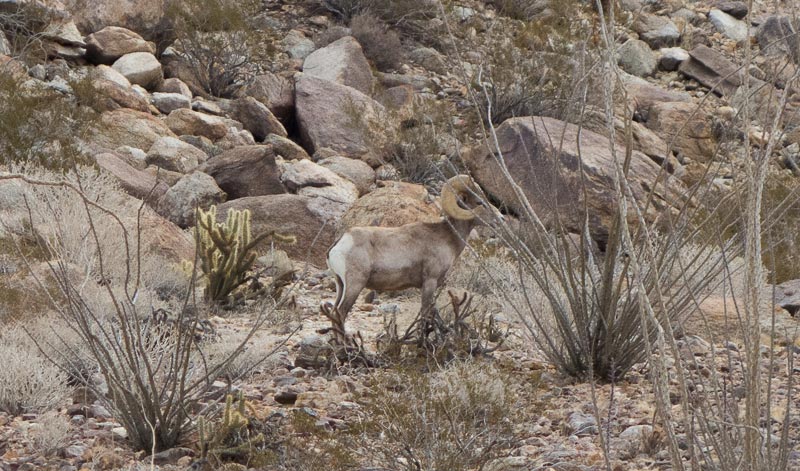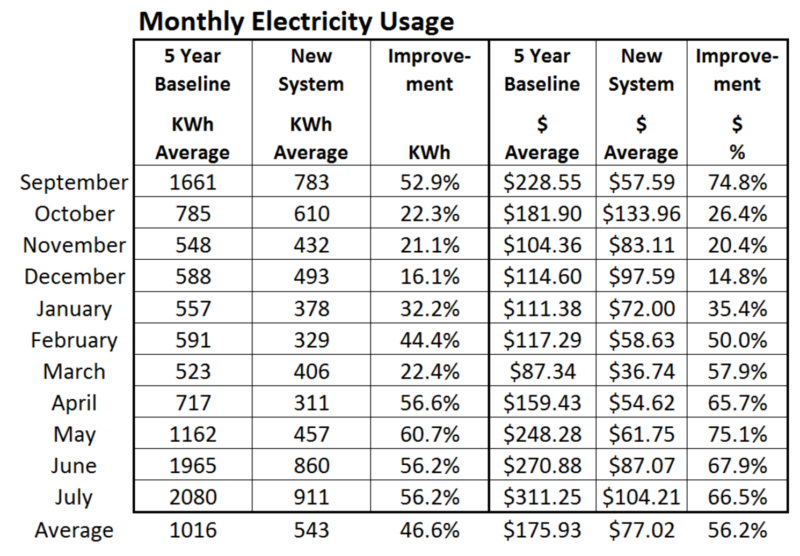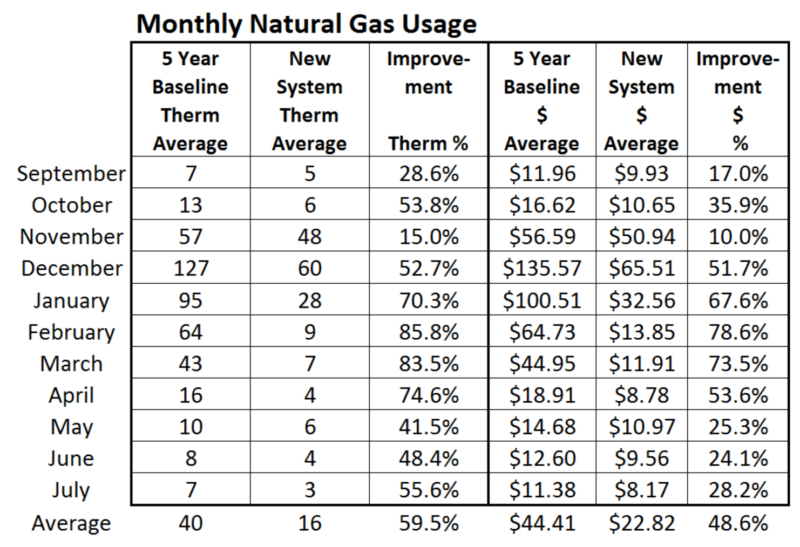It’s surprising that most people don’t carry a portable air compressor in their vehicle. Especially these days when gas stations no longer have free air and the pay for air stations that replaced it usually don’t work. I always carry a portable air compressor due to Murphy’s Law: when some can go wrong, it will. Especially when you are towing a trailer miles and miles away from cell phone coverage.
In the past the air compressors that lie in wait in the back of the SUV have been inexpensive mostly plastic affairs. They work for a year or two then die. When our 2006 Niagara tent trailer was vandalized and totaled by our insurance company, I had placed the air compressor in the trailer during the tire debacle. It was stolen too.

When we bought our new Milan in 2013, I decided to get the highest quality air compressor for the most reasonable price, which means Amazon is my best friend. When towing the trailer there would now be 8 tires to maintain. The VIAIR 88P had nearly 1,000 reviews on Amazon with a score of 4.6 out 5. It has been used for three years and this June I really put it through a hard test. It passed with flying colors.


